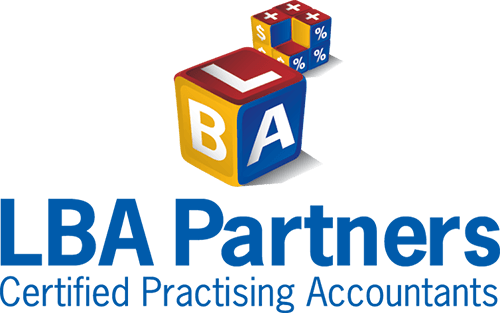Employer SG obligations: annual report
Each year the ATO releases a report containing the latest annual statistical results for employer super guarantee (SG) compliance and obligations, and this year is no exception. According to the 2022-23 report, the amount of employers complying with their SG obligations without intervention from the ATO remained the same as the 2021-22 year, at 94%. This is the case even though the number of employees and employers reporting through single touch payroll (STP) has increased; 915,000 employers reporting through STP for around 14.3m employees in 2022-23 compared with 819,000 employers reporting through STP for approximately 13.6m employees in 2021-22. The data collected in relation to the super guarantee gap, which estimates the difference between the amount of SG paid and what should have been paid if every employer met their SG obligations, increased slightly from 4.9% or $3.4bn in the 2021-22 report compared with 5.1% or $3.6bn in the 2022-23 report. This indicates an increase in unpaid SG obligations which could be collected by the ATO. While there was a noticeable drop in the number of employee notifications of unpaid super cases completed in 2022-23, around 77% of cases completed in 2021-22, compared to 54% of the cases completed in 2022-23, and also a drop in the total number of ATO initiated cases for unpaid super (2,100 in 2021-22 and 1,400 in 2022-23), the number of voluntary disclosures of unpaid super from employers sharply rose from 30,800 instances in 2021-22 to 56,000 instances in 2022-23. The overall picture would seem to indicate that employers are self-disclosing before the initiation of any ATO compliance action. The ATO also notes that the drop in the completion number of employee notification cases were due to some employee notifications not requiring action to be taken and resolved through other means, such as the complaint being withdrawn, the ATO already raising an assessment against the employer for late or unpaid super, the employer already lodging a super guarantee charge statement to correct their obligations, or duplicate notifications being received from employees. Going forward, as a part of the government announced package to move to “pay day” super (ie SG contributions made at the same time as salary and wages are paid), the ATO will have improved SG recovery targets each year. This is set to commence from the 2026-27 financial year, to give the ATO time to upgrade its data compliance capabilities, and reassess debt recovery processes and policies to ensure that employees receive their SG contributions. In the meantime, two new compliance measures for recovery of unpaid SG have been published, which consist of: SG distributed as a proportion of SG raised: the proportion of SG charge liabilities raised for a financial year which has been collected and distributed to individuals or superannuation funds. Results would be reported two years after the financial year has ended to account for liabilities collected after the financial years have ended. SG charge raised and distributed within 12 months: The value of SG charge liabilities raised, then collected and distributed to individuals or superannuation funds within 12 months. All this points to an increase in focus for the ATO in the SG space now and in the future. Employers are therefore advised to stay on top of their SG obligations to avoid penalties including the super guarantee charge and/or any Part 7 penalties. Those that discover they have failed to comply with SG obligations should make a voluntary disclosure promptly and pay any outstanding SG debt. The ATO notes that it is open to accepting reasonable payment plans for SG debt.
Management Consulting
We have the know-how and experience to offer advice that helps you run your business more effectively.
Self-Managed Superannuation Funds
At LBA Partners we provide the professional advice you need to manage your own fund and greatly simplify the process for you.



